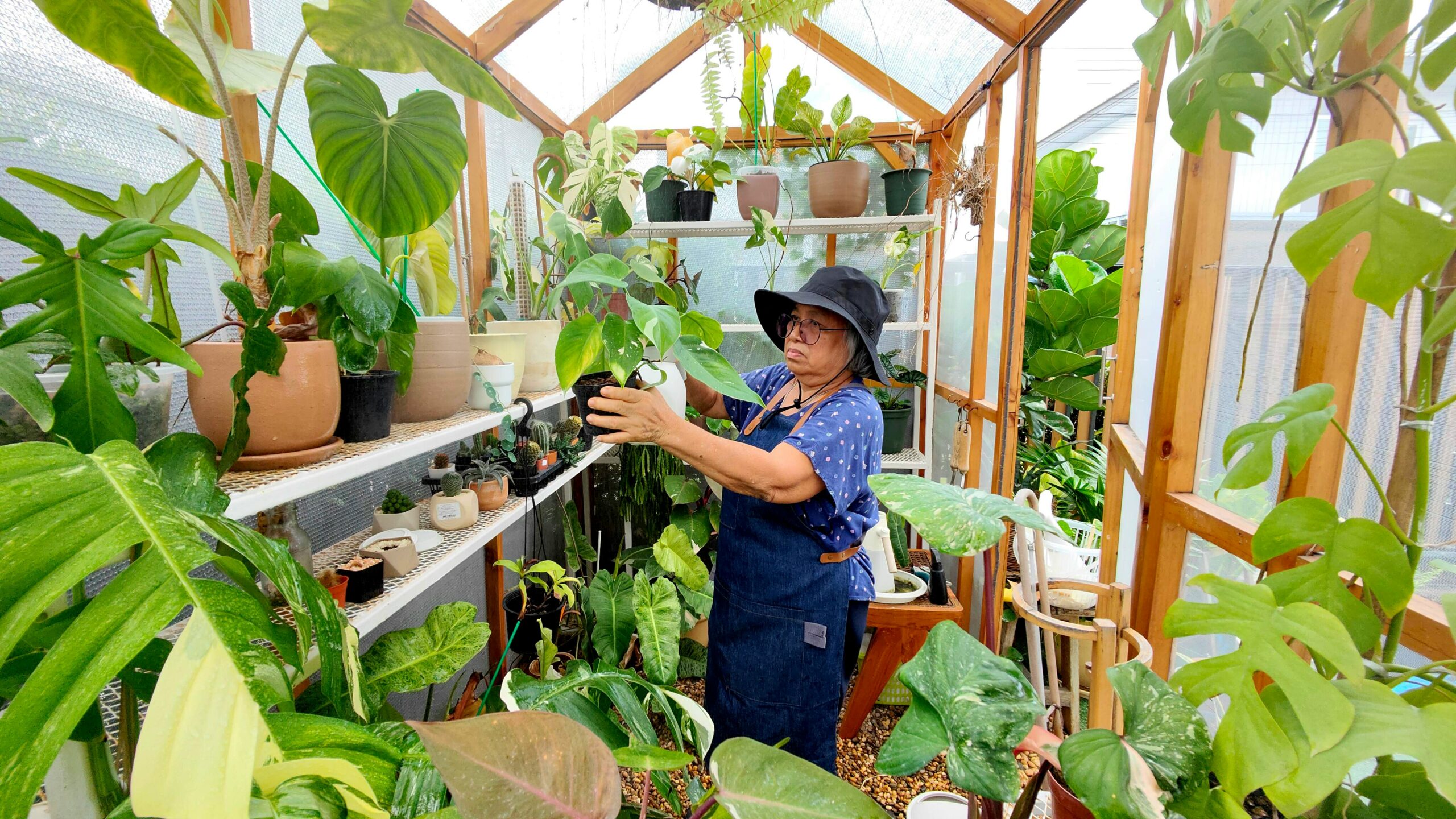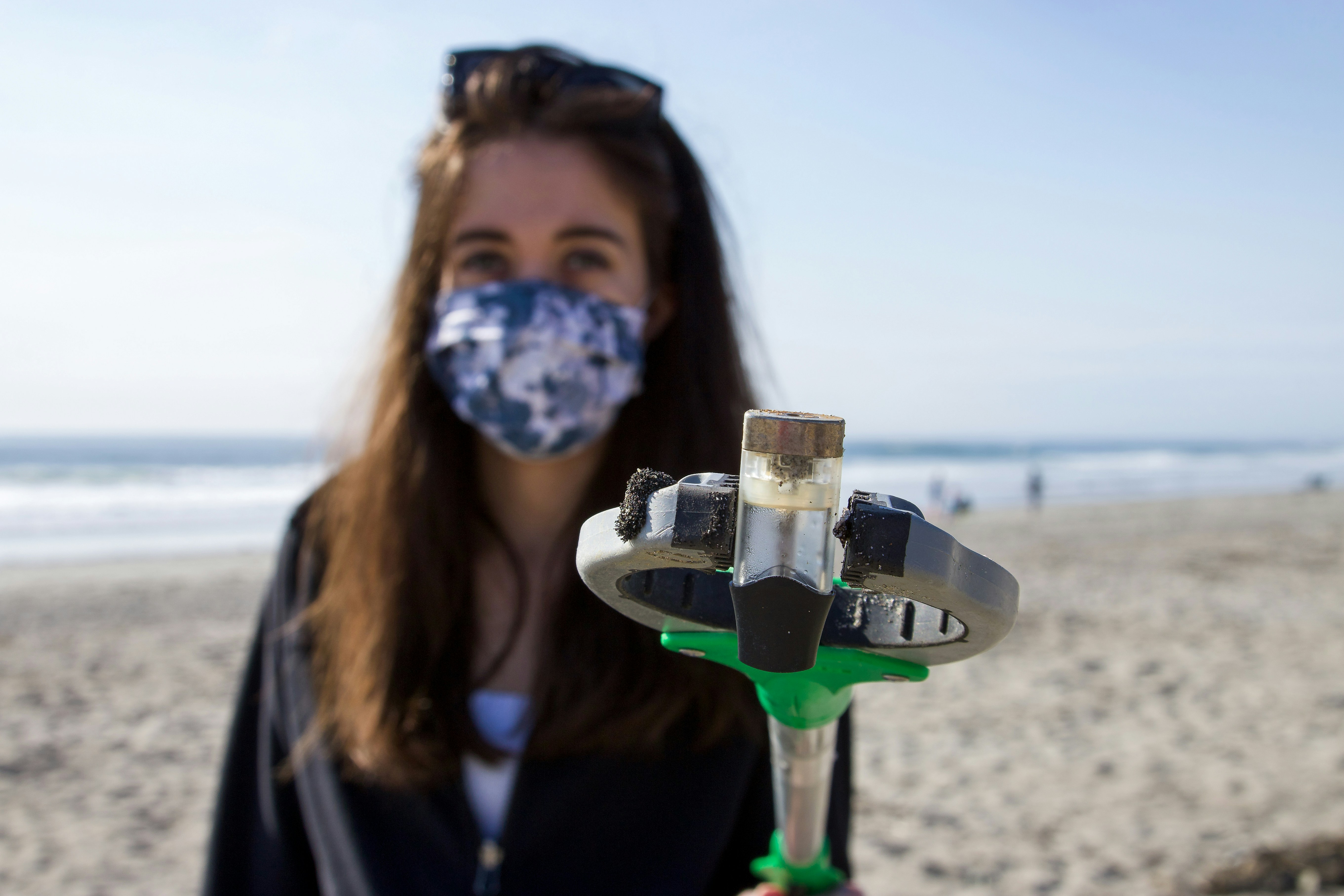Urban gardening is not just a trend; it’s a revolutionary movement transforming city spaces into green oases. As our cities become more crowded and our lives more hectic, the importance of having access to nature is paramount. Urban gardening provides a solution by bringing green spaces into our concrete jungles, offering numerous health benefits and promoting environmental wellness.
In this blog post, we’ll explore the incredible impact of urban gardening on health and well-being. We’ll delve into practical tips for starting your own urban garden, the science-backed benefits of growing your own plants, and inspiring success stories from urban gardeners. Let’s uncover how urban gardening can transform your city space and enhance your life.
The Benefits of Urban Gardening
1. Mental Health Boost
Urban gardening has a significant positive impact on mental health. A study by the Journal of Environmental Psychology found that individuals who engage in gardening experience reduced levels of depression and anxiety . The act of nurturing plants and being surrounded by greenery has a calming effect, providing a mental escape from the stresses of urban life.
2. Physical Health Improvement
Gardening is a physical activity that promotes overall health. According to the American Heart Association, regular gardening can lower blood pressure, reduce the risk of heart disease, and help maintain a healthy weight . The physical tasks involved in gardening, such as digging, planting, and weeding, provide a moderate level of exercise that keeps you active and fit.
3. Community Building
Urban gardening fosters a sense of community. Community gardens, in particular, serve as social hubs where people from different backgrounds come together to work towards a common goal. This shared activity strengthens social bonds and creates a sense of belonging. A study published in the Journal of Community Health found that participants in community gardens reported higher levels of social connectedness and community involvement .
4. Access to Fresh, Organic Produce
One of the most rewarding aspects of urban gardening is the ability to grow your own fresh, organic produce. This not only ensures that you have access to healthy, pesticide-free fruits and vegetables but also promotes sustainable living. According to the Food and Agriculture Organization of the United Nations (FAO), urban agriculture can significantly contribute to food security and nutrition in urban areas .
Starting Your Own Urban Garden

1. Assess Your Space
Evaluate the available space in your urban setting. Whether you have a balcony, rooftop, windowsill, or a small backyard, there’s always potential for gardening. Consider the amount of sunlight your space receives, as this will determine the types of plants you can grow.
2. Choose the Right Plants
Select plants that are well-suited for urban gardening. Herbs like basil, mint, and parsley are great for small spaces and require minimal care. If you have more space, consider growing vegetables like tomatoes, peppers, and lettuce. For those with limited sunlight, shade-tolerant plants like spinach and kale are ideal.
3. Use Container Gardening
Containers are a versatile option for urban gardening. They can be easily moved and adjusted to fit your space. Choose containers with good drainage and fill them with high-quality potting soil. Recycled materials like old buckets or wooden crates can also be repurposed as containers.
4. Practice Vertical Gardening
Maximize your space by growing plants vertically. Use trellises, hanging baskets, or wall-mounted planters to create a vertical garden. This method is particularly useful for climbing plants like beans, cucumbers, and peas.
5. Water Wisely
Urban gardens may require more frequent watering due to limited soil volume and exposure to wind. Use a watering can or a drip irrigation system to ensure your plants receive consistent moisture. Mulching can also help retain soil moisture and reduce water evaporation.
Success Stories: Inspiring Urban Gardens
1. The Edible Bus Stop, London
The Edible Bus Stop project in London transformed neglected bus stops into vibrant community gardens. This initiative not only beautified the urban landscape but also engaged local residents in growing their own food. The project has inspired similar initiatives in other cities around the world.
2. Brooklyn Grange, New York City
Brooklyn Grange is one of the world’s largest rooftop farms, spanning two rooftops in New York City. It produces over 50,000 pounds of organic produce annually, supplying local markets and restaurants. The farm also serves as an educational center, offering workshops and tours to promote urban agriculture.
3. Ron Finley’s Gangsta Garden, Los Angeles
Ron Finley, known as the “Gangsta Gardener,” started planting vegetable gardens in abandoned lots, traffic medians, and along the curbs in South Central Los Angeles. His efforts have turned these neglected spaces into productive urban farms, providing fresh produce to the local community and inspiring a global movement for urban gardening.
Conclusion: Transform Your City Space with Urban Gardening
Urban gardening is a powerful way to reconnect with nature, improve your health, and build community, even in the heart of the city. By transforming your city space into a green oasis, you can enjoy the numerous benefits of gardening and contribute to a more sustainable and vibrant urban environment.
Have you started your own urban garden? Share your experiences and tips in the comments below. Let’s grow together!
References:
- Soga, M., Gaston, K. J., & Yamaura, Y. (2017). Gardening is beneficial for health: A meta-analysis. Journal of Environmental Psychology, 54, 10-18. Retrieved from Journal of Environmental Psychology.
- American Heart Association. (2018). The Benefits of Being Active Outdoors. Retrieved from American Heart Association.
- Draper, C., & Freedman, D. (2010). Review and Analysis of the Benefits, Purposes, and Motivations Associated with Community Gardening in the United States. Journal of Community Health, 35(4), 397-423. Retrieved from Journal of Community Health.
- Food and Agriculture Organization of the United Nations (FAO). (2019). Urban agriculture: An essential tool for food security and nutrition. Retrieved from FAO.





